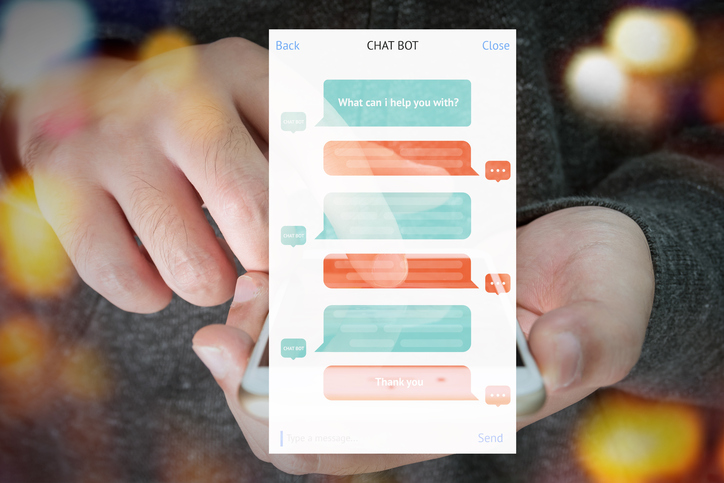Let’s start at the beginning. What’s a chatbot? In layman’s terms, it’s nothing more than a tool to help you plan and make the most of your trips and in general, makes your stay in the chosen destination easier and more comfortable.
Most people nowadays are reluctant to download an app only to use it for a couple of days, and this is one of the significant advantages of a chatbot, there’s no need to download anything as it comes installed in instant messaging applications.
Customers receive instant personalised attention before, during and even after their stay and any possible doubts are rectified in real-time. Chatbots are also a great help for reception staff who answer questions on the spot with customers in the hotel.
Hoteliers must now adapt to the changing tactics of traditional SEO so that they can take advantage of them in the best possible way. This means anticipating brand and property search queries, and they should also expect enquiries about restaurants, events and attractions nearby, to name but a few.

Simple questions like what time is check-out, if the hotel accepts pets or the price per room are answered immediately and act as an incentive for direct sales or reservations that can be complemented with cross-selling and additional sales like transfers to and from the hotel, or the possibility of a late check-out time.
Chatbots are increasingly becoming more and more intelligent and easier to use because they take information about rooms and services from the data hoteliers already had online.
It’s estimated that there are now 3.6 billion people using chats and messaging applications, which is more than the numbers using social networks. Customers now instinctively look for the chat tab as soon as they visit a website.
The company Stay is an example of these applications and has developed tools to connect with customers and hoteliers more efficiently. The company has developed a chatbot via Facebook Messenger that continuously and automatically facilitates services for guests 24 hours a day.






